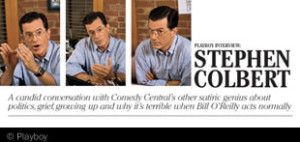 As children we grieve when we have to give up what we have made our own, be it a toy, a tricycle, a best friend or a teacher. There is the sudden upsurge of emotion over the loss, followed by a tearful wail, and then the ritual trot to find a loved one to help us resolve our pain.
As children we grieve when we have to give up what we have made our own, be it a toy, a tricycle, a best friend or a teacher. There is the sudden upsurge of emotion over the loss, followed by a tearful wail, and then the ritual trot to find a loved one to help us resolve our pain.
With age, our losses become more significant, our practice more rigorous, and final resolution more difficult. To meet our needs, societies historically provided an honored space for us to practice our emotional skills.

 Whether you are in your 40 and 50’s or in your retirement years, each age group has its own challenges.
Whether you are in your 40 and 50’s or in your retirement years, each age group has its own challenges. Resolving your grief does not mean forgetting your loved one
Resolving your grief does not mean forgetting your loved one